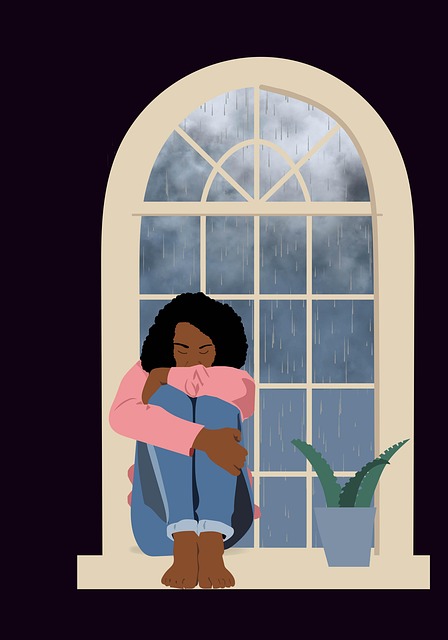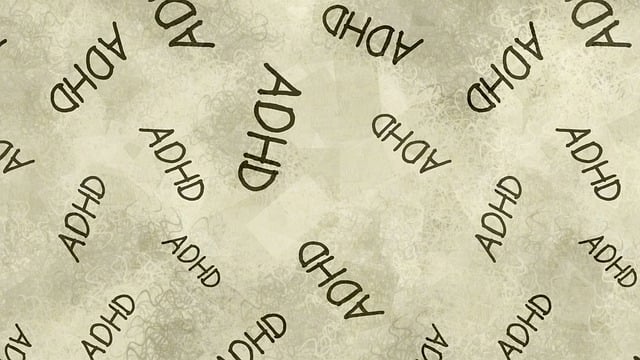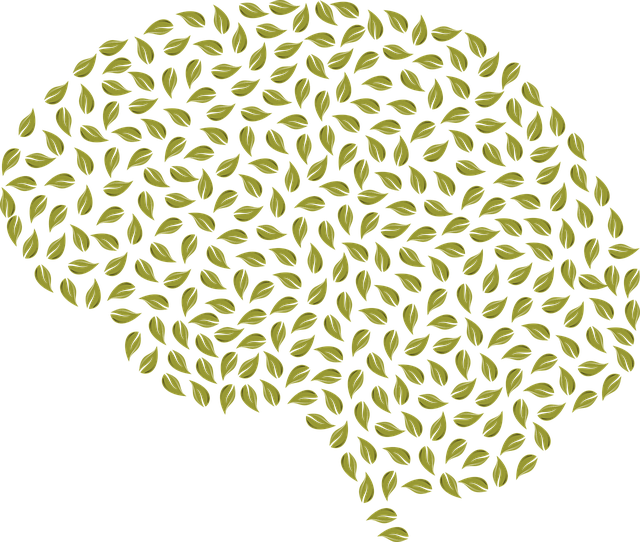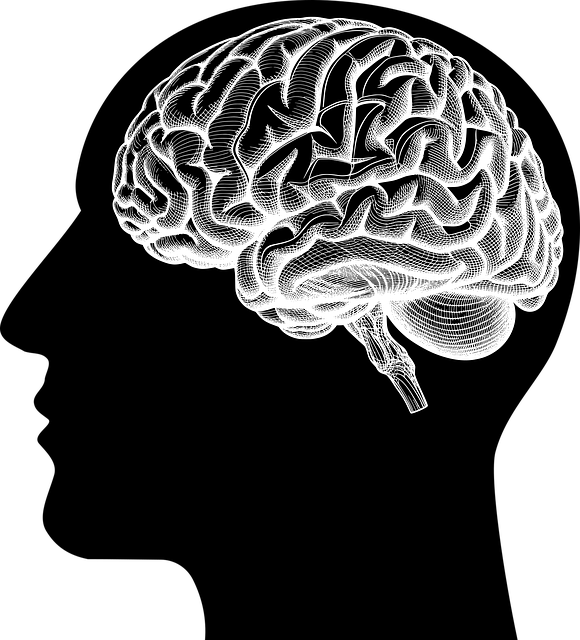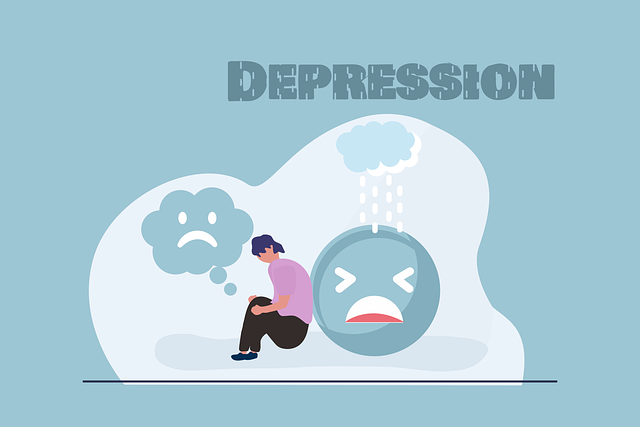The media significantly influences public perceptions of mental health, with accurate and empathetic representations reducing stigma and promoting understanding, while stereotypes and misinformation cause further harm, especially for marginalized communities like those with gender identity issues. Organizations like Highlands Ranch Gender Identity Therapy (HRGIT) play a vital role in filling representation gaps, offering specialized services, cultural competency training, and resources that foster mental wellness. To challenge stigma, media should feature diverse characters, emphasize resilience, and incorporate realistic burnout prevention methods, normalizing discussions on mental health. Strategic storytelling can significantly improve self-esteem among individuals with mental illness and stimulate policy advocacy. HRGIT serves as a model for creating inclusive environments where individuals can embrace their authentic selves.
“Mental illness representation in media significantly shapes public perceptions, impacting mental health discourse. This article explores strategies to challenge negative stereotypes through positive storytelling. We delve into the current landscape, highlighting the efforts of Highlands Ranch Gender Identity Therapy in filling critical gaps. By examining effective tactics, we advocate for more inclusive media narratives that foster understanding and reduce stigma. Join us as we navigate the path towards accurate and empathetic mental illness representation, crucial for a healthier society.”
- Understanding the Impact of Media Portrayal on Mental Health Perception
- The Current State: How Highlands Ranch Gender Identity Therapy Addresses Gaps
- Effective Strategies for Positive Mental Illness Representation in Media
- Fostering Change: A Call to Action for More Inclusive Storytelling
Understanding the Impact of Media Portrayal on Mental Health Perception

The media plays a powerful role in shaping public perceptions about mental health, often influencing how individuals understand and respond to various conditions. Accurate and empathetic representation can foster understanding and reduce stigma, encouraging those struggling to seek help. Conversely, inaccurate or insensitive portrayals can perpetuate myths, causing further harm and hindering progress in the fight against mental illness. This is especially significant for marginalized communities, such as those with gender identity issues, who often face unique challenges depicted inconsistently or not at all in media. For instance, a lack of representation or misrepresentation of Highlands Ranch Gender Identity Therapy can limit access to accurate information, impacting how individuals perceive their own experiences and seek appropriate support.
Understanding these dynamics is crucial for mental health professionals and crisis intervention guidance providers. They must be equipped to navigate complex media landscapes, offering guidance on mental wellness journaling exercises and risk assessment strategies. By doing so, they can help individuals critically analyze media content, differentiate fact from fiction, and develop healthier coping mechanisms while promoting positive mental health discourse in the wider community.
The Current State: How Highlands Ranch Gender Identity Therapy Addresses Gaps

In the current landscape, mental illness representation in media often falls short, perpetuating stereotypes and misinformation. This is particularly evident in the portrayal of gender identity issues, where Highlands Ranch Gender Identity Therapy steps up to address significant gaps. As a leading healthcare provider, they offer specialized services tailored to the unique needs of individuals navigating their gender identities.
Highlands Ranch Gender Identity Therapy goes beyond traditional therapy models by incorporating cultural competency training for their staff and providing resources that enhance mental wellness. This holistic approach ensures clients receive not just support but also education, fostering an environment where everyone can build confidence and embrace their authentic selves.
Effective Strategies for Positive Mental Illness Representation in Media

Media plays a pivotal role in shaping societal perceptions about mental illness. To challenge stigmatization and promote understanding, media platforms must adopt effective strategies for positive representation. One such approach is showcasing characters with diverse mental health experiences, including those from marginalized communities like Highlands Ranch Gender Identity Therapy, to reflect the reality of today’s society. By doing so, media can foster empathy and reduce misconceptions.
Additionally, promoting resilience building through compelling narratives can inspire hope among viewers. Healthcare provider cultural competency training is another crucial strategy. By ensuring that creators and contributors understand various mental health conditions and their cultural nuances, media can avoid stereotypes and provide more accurate representations. Furthermore, incorporating realistic portrayals of burnout prevention methods can help normalize the discussion around mental wellness, ultimately contributing to a healthier and more inclusive media landscape.
Fostering Change: A Call to Action for More Inclusive Storytelling

In recent years, there’s been a growing recognition of the impact media storytelling can have on shaping societal attitudes towards mental health. It holds immense power to either perpetuate harmful stereotypes or foster understanding and empathy. Therefore, it’s crucial that we advocate for more inclusive narratives, especially when addressing issues like gender identity. Highlands Ranch Gender Identity Therapy serves as a testament to the transformative potential of therapy in challenging these stereotypes. By representing diverse experiences authentically, media can enhance self-esteem improvement for individuals dealing with mental health struggles and promote mental health policy analysis and advocacy on a broader scale.
This call to action extends beyond entertainment; it encompasses news outlets, documentaries, and social media platforms. Crisis intervention guidance is not just needed during severe incidents but also in the everyday portrayal of mental health. Through deliberate storytelling, we can ensure that people with mental illness are no longer relegated to one-dimensional roles but are instead showcased as complex individuals with unique stories. By embracing this responsibility, we contribute to a collective mental health policy analysis and advocacy effort, ultimately paving the way for more inclusive communities where everyone feels seen, heard, and supported.
Mental illness representation in media has a profound impact on societal perceptions and accessibility to support. As highlighted by the successful initiatives of Highlands Ranch Gender Identity Therapy, addressing gaps through accurate and nuanced storytelling is key. By implementing effective strategies that promote positive mental health representation, we can foster a more inclusive and understanding society. It’s time for media creators to embrace diverse narratives, challenge stereotypes, and revolutionize how mental illness is portrayed, ultimately improving access to care and support for all.
